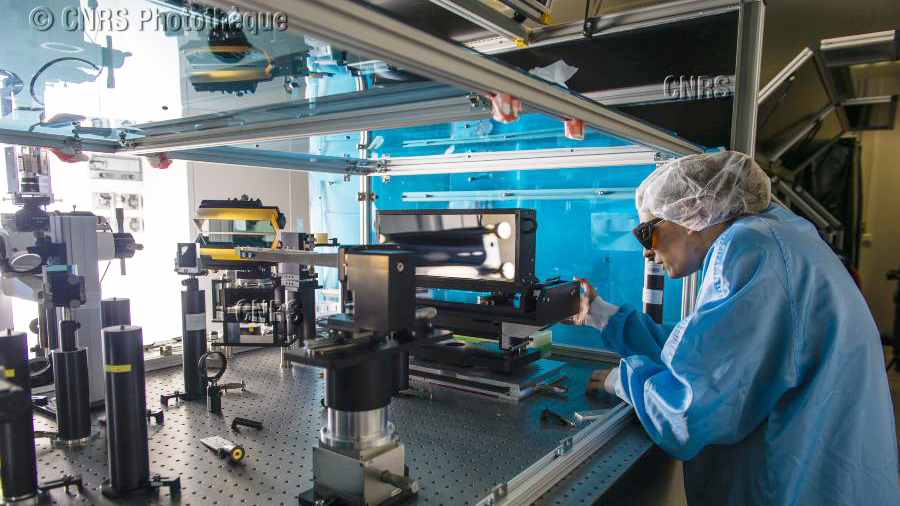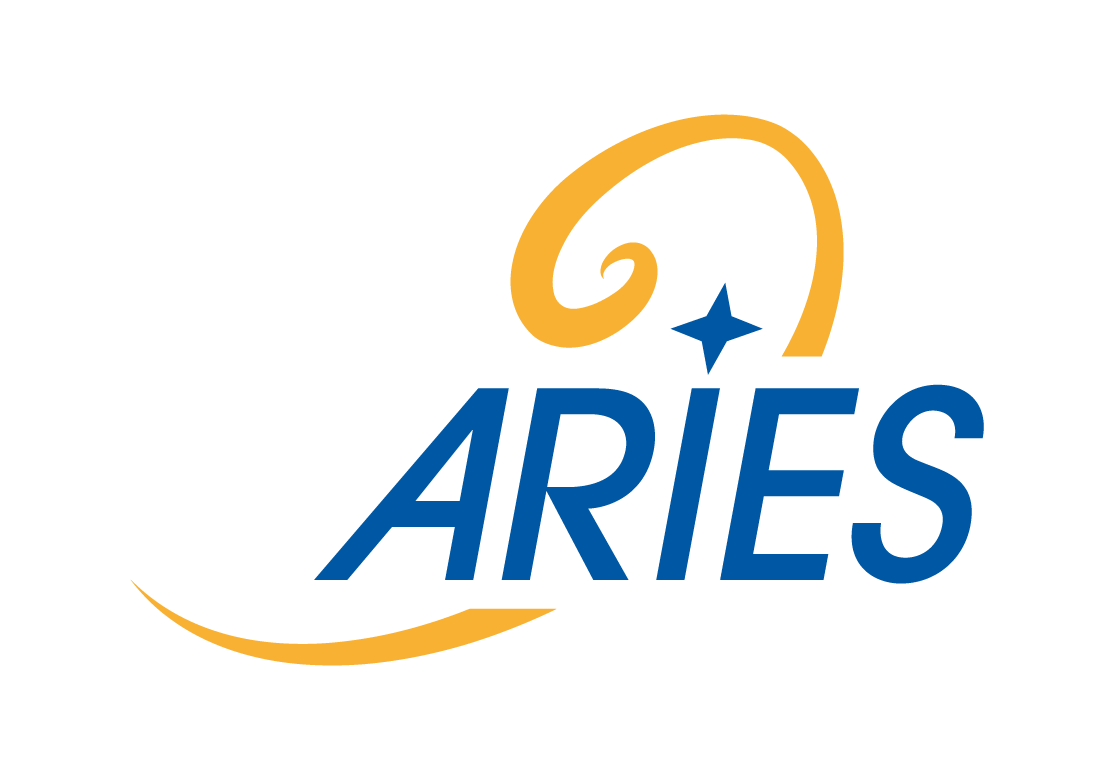
Using the MUST-LPA electron beamline, driven by the APOLLON multi PW laser, ARIES users may test novel electron acceleration concepts to optimize electron beam properties, test characteristic measurement methods, or study electron beam-plasma coupling processes.
The APOLLON laser facility and MUST-LPA beamline are operated by LULI (Laboratoire d’Utilisation des Lasers Intenses) and located in the CEA center at l’Orme des merisier st Aubin, France. LULI is a national research infrastructure dedicated to laser-matter interaction at high energy ranging across the nanosecond, picosecond and femtosecond regimes.
APOLLON will be open to external users from 2018, starting at the PW level before increasing to 5PW by 2020. It is a unique multi-PW facility based on Ti sapphire laser technology and offers coupling of up to four beams.
The facility’s Short Focal Length experimental area will be utilised by experiments using ultra-high intensities (up to 1022 W/cm2). The second experimental area, Long Focal Length, will be dedicated to electron acceleration using long focal length (between 6 and 30 m).
Only the electron beam facility driven by the APOLLON laser, the MUST-LPA beamline, is included in the ARIES Transnational Access programme. ARIES users may test novel electron acceleration concepts to optimize the properties of the electron beam, test innovative methods to measure its characteristics or to manipulate it, study electron beam – plasma coupling processes.
Features
|
Support offered
Experiments are expected to last a duration of four weeks, including a week of set up, two weeks of measurements and a week for dismantling. Specialised equipment required for the experiment will be installed by or with the help of local staff.
Users will be provided in-house equipment for laser transport and focusing, target support and alignment, electron and radiation diagnostics.
Experimental results must be disseminated via international peer-reviewed journals.
Contact
Interested parties are encouraged to contact the Facility Access Coordinator before beginning the formal application process with brief details of the test campaign proposal.
APOLLON Facility Coordinator: Brigitte Cros
